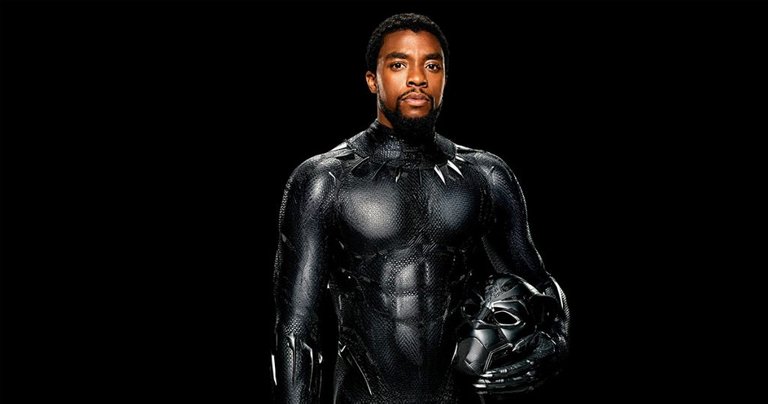
I’m excited to go see the “Black Panther” film because it looks culturally aware, has great actors, and has received great reviews from the critics.
Critics’ reviews are usually my first stop when deciding what film to see with the exception of gross/outrageous comedy. I can live with a low Rotten Tomatoes score for a “Don’t Be a Menace in South Central Without Drinking Your Juice In The Hood” or “White Chicks”. Rotten Tomatoes may not get it, and that’s OK. These film critics are not stopping me from getting a rare high on nuanced cultural laughs.
I watched the fast build-up for Disney and Marvel’s “Black Panther” on Twitter over the past 12 months. Black America has a lot of cultural equity in the film — maybe the most cultural equity invested in any film that has been released in America to date. This is measured by pre-ticket sales, media, and projected total box office sales. The optimistic establishment consensus is that Black kids will go see it and become more culturally aware — that this will be a cultural revolution, at least the start of it. They have hope. A lot of it.
Many Black people had similar hopes on the rise of Barack and Michelle Obama. Their unchecked optimism created a cultural bubble of faith. Obama was going to change everything. With Obama, there would be a cultural change in Black America. America would be better because of a Black family in the White House. Their hopes turned into a nightmare with the election of Donald Trump and the perverse acceleration of inequality coming out of liberal Silicon Valley over the last 10 years.
A certain socially conscious apprehension can come with popular art that’s expected to be groundbreaking or revolutionary. ‘Black Panther’ arrives freighted with the highest of expectations.” — Kristen Yoonsoo Kim, Village Voice.
Black people often seem overwhelmingly bullish on hoping, with slogans from Jesse Jackson in the ‘80s like “keep hope alive” and Obama’s “hope and change” in 2008. We “hope” America will change and we “hope” Jesus will change America. Or we “hope” to make it to heaven. We “hope” the Democrats will finally do something that is specific to their most loyal supporters just as they do specific things for the American supporters of Israel.
While “hope” may have helped Black people in the past, we must get beyond being satisfied with symbolism alone.
The revolutionary thing about ‘Black Panther’ is that it envisions a world not devoid of racism but one in which black people have the wealth, technology and military might to level the playing field …” — Jamil Smith, Time